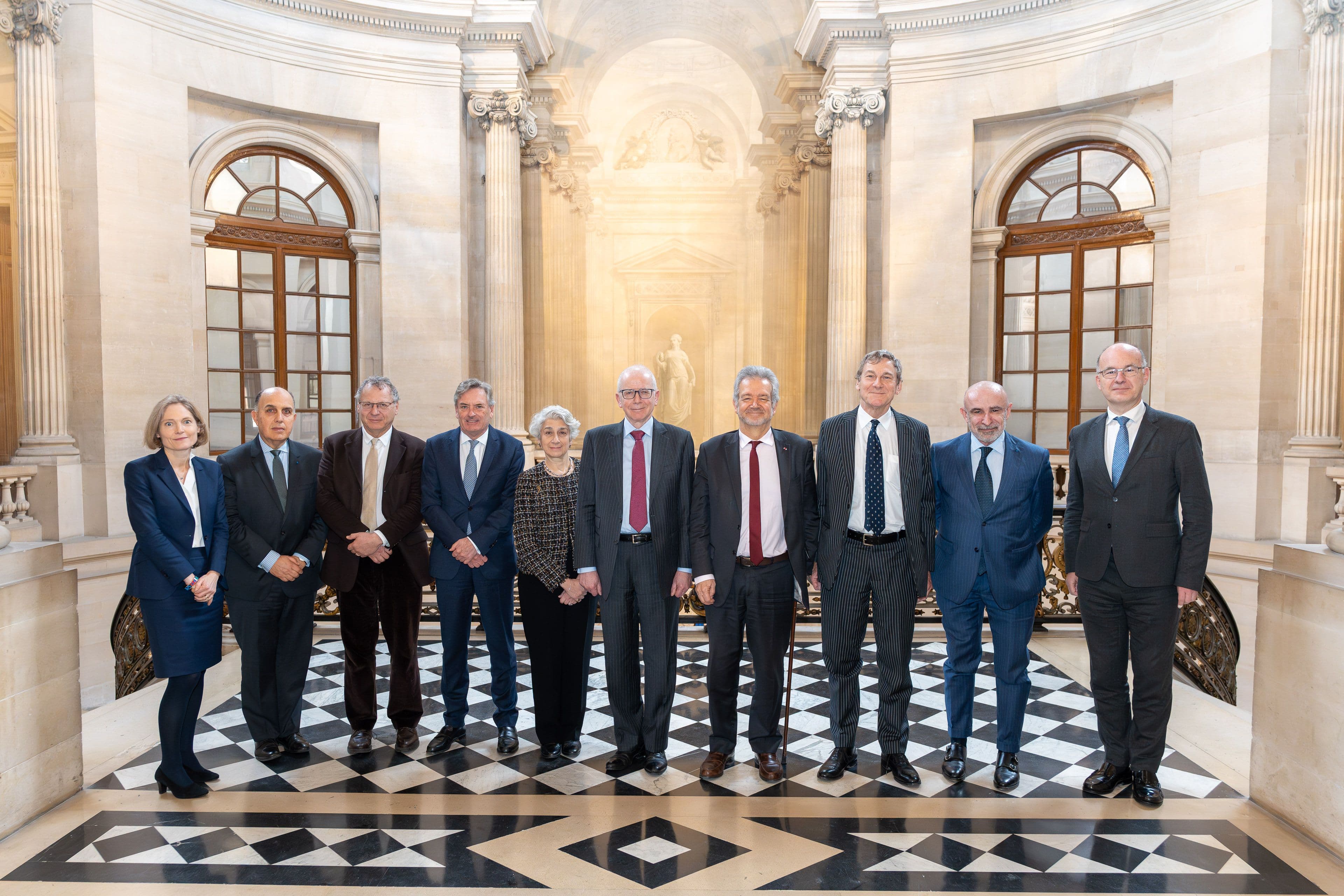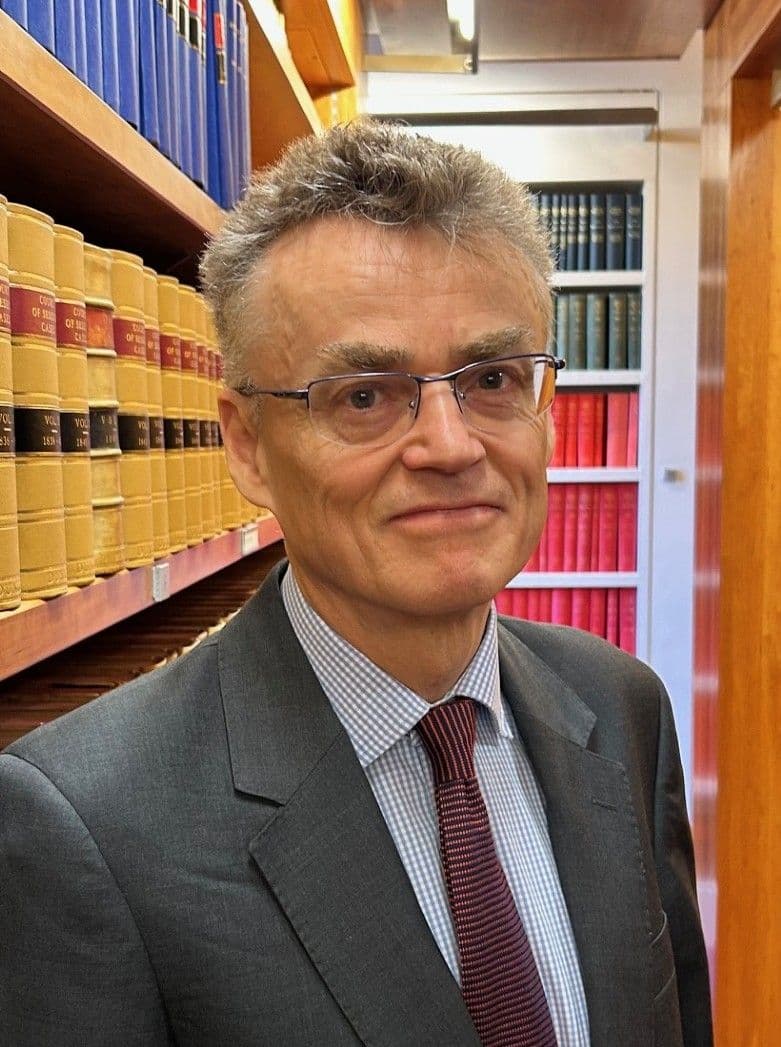News
217 Articles

Latest Judgment

Future Judgments

Lord Reed of Allermuir to retire from the UK Supreme Court

Swearing-in ceremonies for Lord Sales and Lord Doherty

Information regarding the swearing in ceremony on 12th January

The UKSC and JCPC Practice Directions were amended on 22 December 2025.

December 2025 Bilateral visit between the Supreme Court of the United Kingdom and the Conseil d’État

UK Supreme Court reflects on successful bilateral event with United States Supreme Court

Lord Richards announces his retirement from the UK Supreme Court and the Judicial Committee of the Privy Council

His Majesty The King has approved the appointment of the Right Hon Lord Sales as Deputy President of the Supreme Court. The King made the appointment on the advice of the Prime Minister and Lord Chancellor, following the recommendation of an independent selection commission.

Minor amendments to the Practice Directions of UKSC and JCPC

The UK Supreme Court and Judicial Committee of the Privy Council has published a fourth annual update to its Judicial Diversity and Inclusion Strategy.

On July 1st the Court was proud to host the inaugural meeting of the UK Association of Black Judges.

Today (14th July 2025) the UK Supreme Court has laid its Annual Report & Accounts 2024-25 (ARA) before Parliament.
The Supreme Court website catalogue at The National Archives. The Supreme Court website catalogue at The National Archives.
Sign up for news email alerts
Sign up to receive email alerts when a news article is published by the Court.

